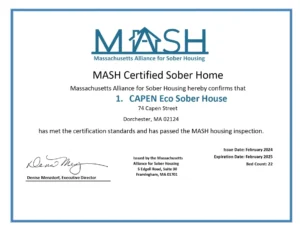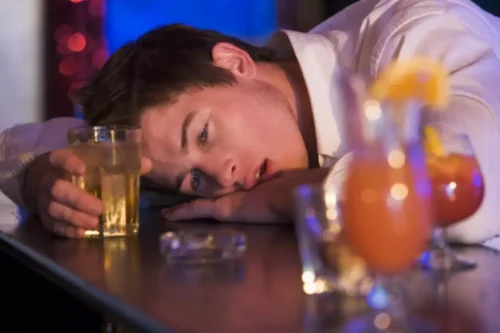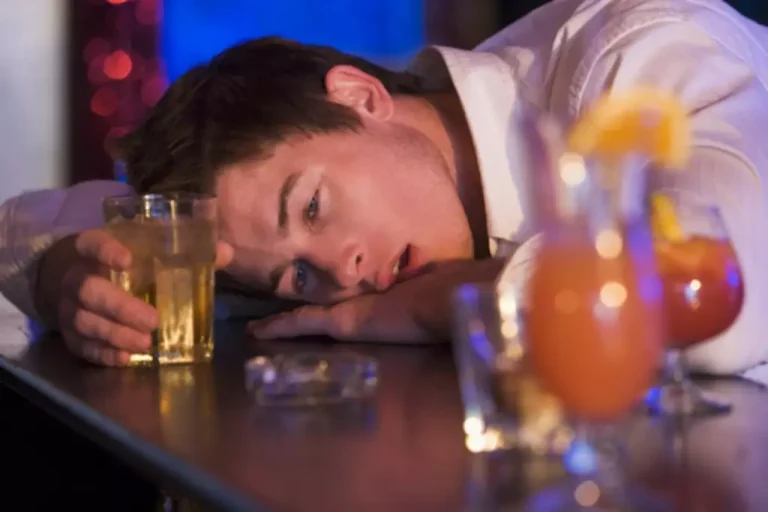One study supporting this finding enlisted 245 men with a history of heavy episodic alcohol use (Berke et al., 2020). They completed surveys assessing their endorsement of traditional masculine norms, use of thought suppression, and both trait and alcohol-related aggression. It was found that thought suppression mediated the association between the toughness masculine norm and alcohol-related aggression. Identifying those factors that might contribute to heightened anger when consuming alcohol is important for individuals who have anger issues and those who treat them.
Do People Have Different Personalities When Drunk?
Alcohol causes changes in the prefrontal cortex (PFC), leading to disinhibition. Several survey items also gauged their tendency to suppress anger, including “I’m often angrier than I am willing to admit, I often boil inside, even if it doesn’t show.” The new study was based on surveys from nearly 3,000 adolescents and young adults in Norway. The participants were assessed twice, first at years of age and again at ages 21-22. Choosing recovery close to home means your support system is just a few miles away.
Psychological and Physiological Factors
Supporting someone with alcohol dependence involves showing patience, understanding, and open communication. It’s important to encourage them to seek professional help while offering emotional support through their recovery journey. If you or someone you know struggles with these issues, recognizing the signs of alcohol use disorder is crucial.
Why You Feel Anxious the Day After Drinking, Written By a Neurologist
If you or someone you love is battling aggression and alcohol misuse, help is available. Consult with a mental health professional and/or an addiction specialist who can provide resources and recommendations for treatment options. Alcohol impairs cognitive function, which means it is more difficult to problem-solve, control anger, and make good decisions when drinking. Decreased cognitive function also means it’s more likely for you to misread a situation and overreact. For example, if you’re intoxicated, you might perceive someone bumping into you by accident as a provocation and respond aggressively. If you have a natural tendency to be angry, drinking alcohol may cause you to become aggressive.
If you keep things inside they can build up until they explode, and alcohol fuels the explosion. Factors like underlying personality traits, neurochemical makeup, and even the presence of disorders like antisocial personality disorder (ASPD) can influence alcohol-related aggression. The power of expectation can also play a part in influencing how people behave when they consume different alcoholic drinks, quite apart from the physical impact of differing alcohol concentrations, Heinz believes. “People have different expectations for what happens when I drink wine versus when I drink liquor versus when I drink beer,” she says. The study concluded that alcohol increased the odds of physical aggression in those men who had high trait anger and poor anger management skills.
- Further studies are needed in order to clarify why some people become aggressive when under the influence of alcohol and others do not.
- But effects to other neurotransmitters, including gamma-aminobutyric acid (GABA) and glutamine, may also be involved.
- These volunteers engaged in a task that gauged their level of aggression in the face of provocation, which revealed the parts of the brain that become more active in such situations.
- Getting drunk increases the risk for violent behavior, but only for people who have a strong tendency to suppress feelings of anger when sober, a new Scandinavian study suggests.
With people who are more likely to be aggressive when they drink, one of the greatest challenges for psychologists like Heinz is teaching temper control. She says that anger management programs are a good start for those who end up seeking help when alcohol gets them into trouble with the law or their families. “You create drug addiction safety plans, you learn the internal sensations of anger, how to identify them and then what to do to turn down the volume when things are a bit hot.”
- Maybe your friend is under a great deal of stress and their insulting you is out of character.
- If you’ve had episodes of hangxiety, the best way to prevent it from happening again is to avoid alcohol.
- This article will explore the factors that contribute to this sensitivity, helping you grasp the impact of alcohol on those who are affected.
- To date there are no studies that directly investigate whether alcohol-induced aggressive behavior can be reduced through training in cognitive functions.
- Plus, we’re always introducing new features to optimize your in-app experience.
- Under the influence of alcohol, those already predisposed toward anger may vent or, more seriously, direct their anger toward a target that might be experienced as less threatening than the original target.
- Then, they engaged in an aggression task, which was framed as a reaction time competition in which they could also behave aggressively toward another participant.
- In the following, these models will be described and discussed on the basis of a selective review of original articles, reviews, and book chapters.
People are more likely to respond to emotional triggers when drinking, but even the slightest hint of offense could cause a fight for the angry drunk. If you’ve ever started or been involved in a drunken altercation, why do i get violent when drunk reflect on what happened and how the situation could have been handled better. And cutting down or stopping has lots of other benefits too, for your physical and mental health.
What Time Can You Buy Beer on Sunday in Alabama: Your Guide to Local Regulations and Tips
Alcohol affects brain chemistry by altering neurotransmitters, which manage our mood and impulses. It decreases inhibition and can increase stress hormones like cortisol, making some individuals more prone to anger and aggression when drinking. People who have a dependence on alcohol have a “double whammy” when it comes to executive control, according to Heinz. Each time they consume alcohol, their executive functioning is impaired due to the alcohol in their system.
- People are more likely to respond to emotional triggers when drinking, but even the slightest hint of offense could cause a fight for the angry drunk.
- Many people enjoy alcoholic drinks as a way of relaxing, sometimes to reduce the tension of socializing or to quiet an overactive mind.
- You’ll meet millions of fellow Reframers in our 24/7 Forum chat and daily Zoom check-in meetings.
- It’s a puzzling situation that often leaves friends and family scratching their heads.
- Those with tendencies to what’s colloquially known as sociopathy may be more prone to alcohol-related aggression.
Being Overly Aggressive or Violent
The PFC region of the brain is where we make judgment calls about potential behavior before acting on it. When alcohol impairs this area, a person may be more likely to behave in a way they wouldn’t while sober, including getting confrontational (2). Landmark Recovery was founded with a determination to make addiction treatment accessible for all. Through our integrated treatment programs, we’ve helped thousands of people choose recovery over addiction and get back to life on their own terms. We encourage all those struggling with substance use to seek professional help. Even just a few drinks can completely change the way our neurotransmitters talk to one another.






Leave A Comment